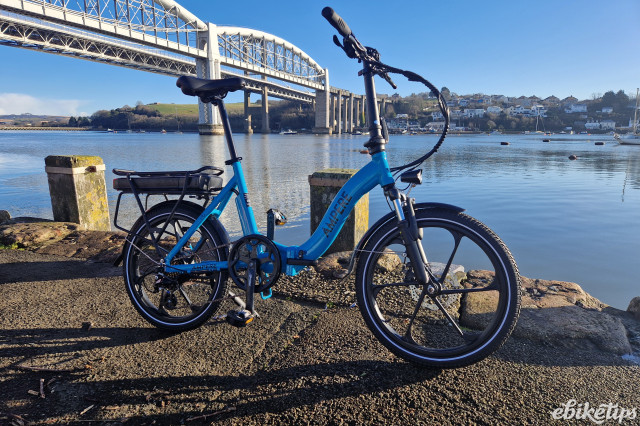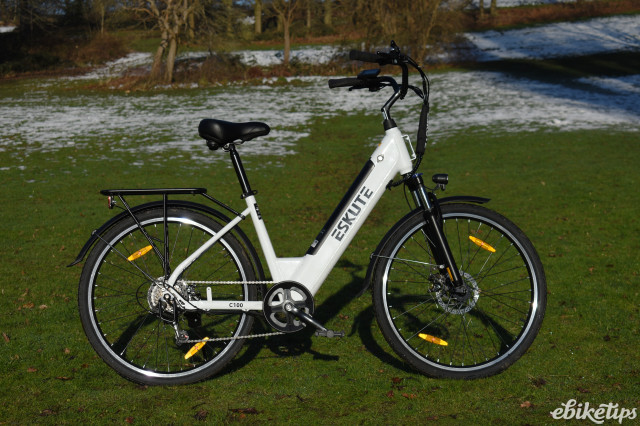“Ever-increasing demand” for e-bikes seems to be helping the industry recover rapidly from the impact of Covid-19, according to a new report. The European Mobility Atlas 2021 also says that government efforts to promote cycling in the wake of the pandemic should ensure recent strong growth continues.
Published by the German Green Party-affiliated Heinrich-Böll-Foundation, the European Mobility Atlas looks at how the EU can reduce its transport and mobility emissions while simultaneously connecting citizens and creating green jobs.
The section on the bike industry focuses heavily on e-bikes, pointing out that while sales of e-bikes had already reached 3.4 million by 2019, they are expected to grow to 13.5 million by 2030.
E-bikes currently account for around 17 per cent of EU bicycle sales, and up to 50 per cent in some countries.
“Pedelecs have a promising potential to substitute motor vehicle usage over short journeys, while having all the benefits of conventional bicycles,” says the report.
“A recent study shows that pedelec users move even more than traditional cyclists, which is mainly due to longer distances travelled by pedelec users.
“Other benefits of cycling are the efficiency, reliability and accessibility of bicycles due to their low purchase and maintenance costs, as well as the fact that bicycle usage is beneficial to a neighbourhood’s or community’s micro-economy as riders tend to frequent businesses and services located within a smaller radius from their homes.”
The report goes on to say that a “considerable part” of the lockdown-induced losses in the bicycle industry had been recovered by the end of 2020.
After a halt in production earlier in the year, sales picked up again in early summer, during and after the various lockdowns, and with several governments actively encouraging cycling as a way to stay active while maintaining social distancing. Special subsidy schemes were also implemented in some countries.
The report also highlights how cargo bikes – and e-cargo bikes in particular – can play a major role in minimising the motorised transportation of goods.
It says that with many European cities operating cargo bike subsidy schemes, all forms of cargo bike use are on the rise.
However, the report goes on to say that the potential of such vehicles is still not sufficiently recognised.
“Subsidy programmes, sharing systems and test events for cargo bikes can make an important difference. But exploiting the full potential of cargo bikes also needs more space and better infrastructure (wide bike lanes, secure parking) for bicycles of all shapes and sizes.”





